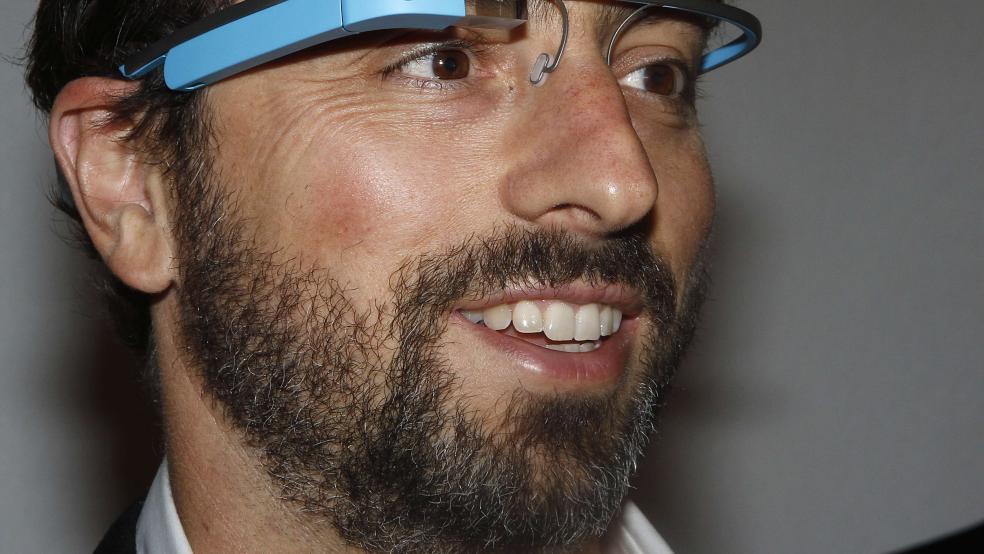Google Glass isn't dead. In fact, it's a growing business.
That's according to developers who license the smart glasses technology from Google Glass' enterprise-focused "Glass at Work" program.
Related: Tesla's New Rival Pulls Out of the Google Garage
Google unveiled the smart glasses at its I/O conference in April 2012 in a high-profile demonstration featuring skydivers, and rolled them out to developers a year later. But the product was pricey at $1,500, and not particularly stylish. Onlookers were also concerned about the glasses recording them without their knowledge, which led to several Glass-wearers being attacked in public. Google discontinued Glass as a consumer product in 2015.
But a version for the workplace lives on.
"It's a big market today, and it will be an even bigger one in the future," said Brian Ballard, founder and chief executive officer at Upskill, a Google Glass partner that makes augmented reality apps for workers in the field. Its customers — and as of recently, its investors — include industrial giants like Boeing and GE.
Upskill works with other smart glasses makers as well, like Intel, Microsoft and Vuzix. Ballard declined to comment on how many units it has deployed, but he did say it is targeting companies that will need "thousands of these devices in the field to do one job."
Related: Google Glass Is Making a Comeback in Emergency Rooms
Where Google could boost the business further and stand out from competitors, he says, is by adding advanced computing, like machine learning, to its offering. An example might be in incorporating computer vision technology so field workers simply have to snap photos for the purposes of documentation.
Augmedix, a San Francisco-based start-up with nearly 1,000 employees, built its business off smart glasses. Unlike Upskill, the vast majority of its customers — doctors at large hospitals — are using Google Glass. CEO Ian Shakil said the company expects to deploy 1,000 Google Glass devices by the end of the year.
Augmedix sells its application to 12 hospitals, including Dignity Health, Sutter Health and TriHealth, to help doctors transcribe notes from patient interactions. Doctors wear the glasses during consultations and transmit video to medical scribes, who take notes. That way, the doctors are freed up to focus on the patients.
Shakil wouldn't tell us how much the company pays Google but says it's in the realm of $1,500, which is the price Google charged developers for the original product.
Augmedix, which raised $23 million in December, is poised to triple its growth year over year, said Shakil. Thus far, he said, most patients seem open to their doctors wearing the device: "We've already done tens of thousands of patient interactions."
This article originally appeared on CNBC. Read more from CNBC:
Corporate debt is at new highs, and these companies owe the most
Windows Vista is officially dead, here's why you need to stop using it
4 steps to retire early, from a couple who did it in their 30s



